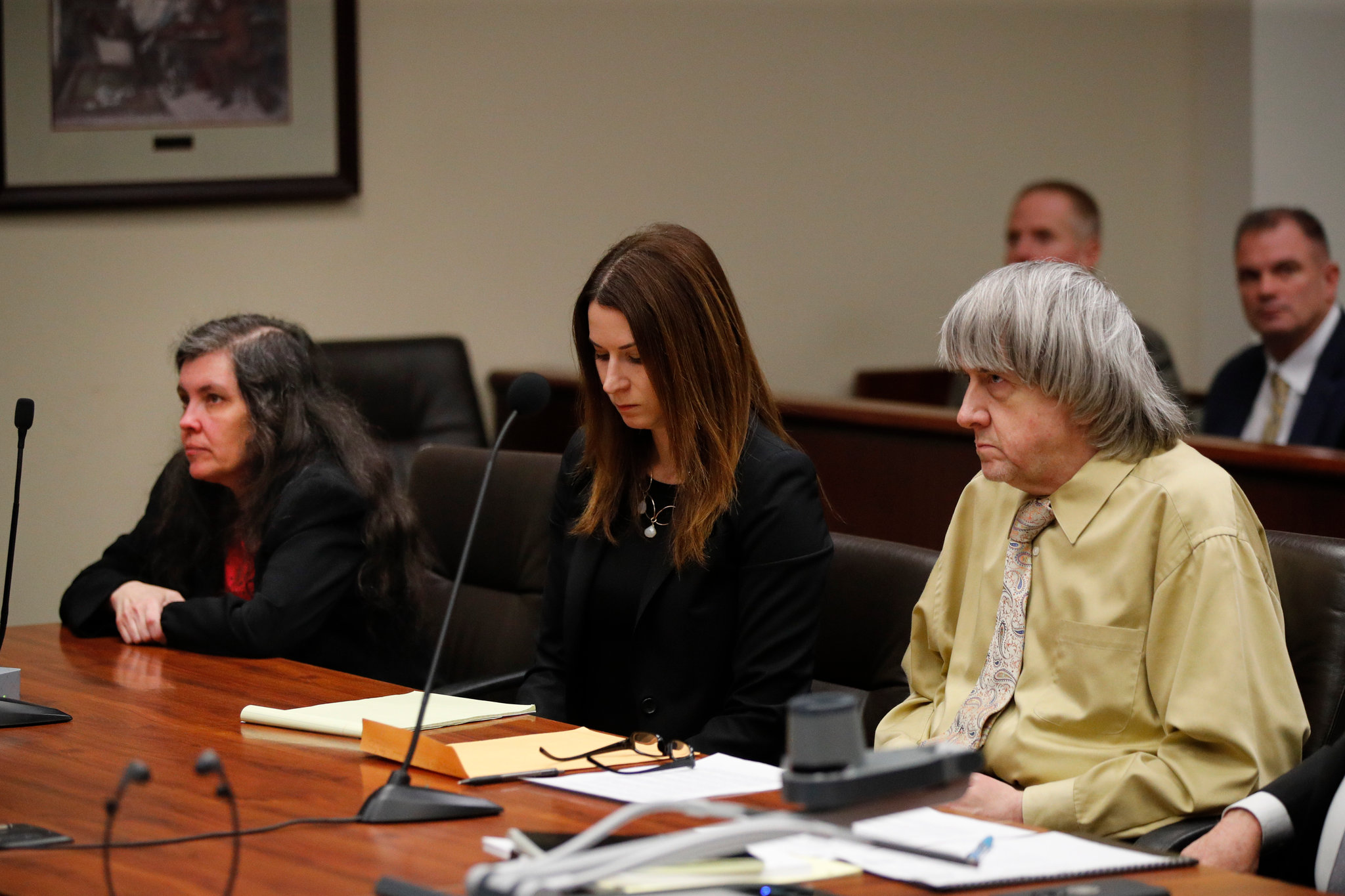Now Reading: Mother’s Tragic Decision: The Case That Shocked London
-
01
Mother’s Tragic Decision: The Case That Shocked London

Mother’s Tragic Decision: The Case That Shocked London
Mother Sentenced to Life for Murdering Her Two Young Sons
In a case that has sent shockwaves through East London, 47-year-old Kara Alexander has been sentenced to life imprisonment after being found guilty of murdering her two young sons. The mother from Dagenham will serve a minimum of 21 years and 252 days behind bars for the deaths of Elijah, 2, and Marley, 5.
The horrific details that emerged during the trial at Kingston Crown Court revealed Alexander drowned the children in the bath before placing their lifeless bodies in bed. In a particularly cruel twist, she arranged for their father, Selvin Thomas, to discover the tragic scene himself.

A Father’s Devastating Discovery
The court heard that Selvin Thomas, who had separated from Alexander three months prior to the incident, became concerned after not receiving his regular communication about the children. What followed was a scene no parent should ever have to experience.
Upon arriving at the family home in December 2022, Alexander initially attempted to prevent Thomas from entering, claiming the boys were merely sleeping upstairs. Sensing something was terribly wrong, Thomas forced his way in, only to discover both children cold and lifeless in their bunk bed. By that time, Alexander had already fled the scene.
The raw emotion of the moment was captured in Thomas’ desperate 999 call, played during the trial, where he could be heard screaming: “She killed my children… she slammed the door in my face… my children are dead. They’re both in the bottom bunk freezing cold.”

The Role of Cannabis in the Tragedy
In his sentencing remarks, Mr. Justice Bennathan highlighted a disturbing factor in the case: Alexander’s heavy use of super-strength cannabis known as “skunk.” The court determined this substance use had contributed significantly to a state of psychosis at the time of the killings.
The judge issued a stark warning about the dangers of such substances, stating that this case should serve as a wake-up call about the serious mental health risks associated with potent cannabis products. Evidence presented showed that Alexander had experienced a previous psychotic episode in 2016, raising questions about ongoing mental health monitoring.
Two friends were reportedly aware of her heavy cannabis use while she was caring for her children, details that have prompted discussions about substance abuse recognition in parents and the responsibility of those around them.
A Failed Defense and Rejected Claims
During the trial, Alexander attempted to claim the boys had drowned accidentally after she left them unattended in the bath while she stepped away to smoke cannabis. This defense was firmly rejected by the jury, who found her guilty on two counts of murder after nearly seven hours of deliberation.
While she had previously admitted to gross negligence manslaughter, prosecutors refused to accept this lesser charge. Medical evidence indicated the children’s cause of death was due to interference with their breathing—either through drowning or smothering.
Her legal team’s arguments suggesting she was suffering from a transient psychotic episode that significantly impaired her responsibility were similarly dismissed by the jury, who found her fully culpable for her actions.

A Father’s Heartbreaking Statement
Perhaps the most emotionally charged moment of the proceedings came when Selvin Thomas’ victim impact statement was read aloud by the prosecution. His words painted a vivid picture of a man whose life had been permanently shattered.
“Kara ensured maximum impact by engineering the situation so I would find Marley and Elijah dead in bed,” Thomas stated. “I dedicated seven years of my life to a cold-hearted, selfish, and extremely stupid demon.”
The couple had lived together with the children in Hackney before their separation, after which Alexander moved with the boys to Dagenham. What had once been a family home became the setting for an unimaginable tragedy that has left a father without his sons and a community in shock.
The Broader Implications of the Case
Beyond the immediate tragedy for those involved, this case has sparked important conversations about mental health support, substance abuse, and the systems designed to protect vulnerable children.
The judge described Alexander’s actions as a “shocking abuse of trust” while noting that, prior to the killings, she had been known as a caring mother. This stark contrast has led many to question how a parent could transform so dramatically and whether more could have been done to prevent such a horrific outcome.
As the community continues to process this devastating case, many hope that lessons can be learned to prevent similar tragedies in the future. For now, two young lives have been cut tragically short, a father is left to rebuild his shattered world, and a mother will spend at least the next two decades contemplating the irreversible consequences of her actions.










